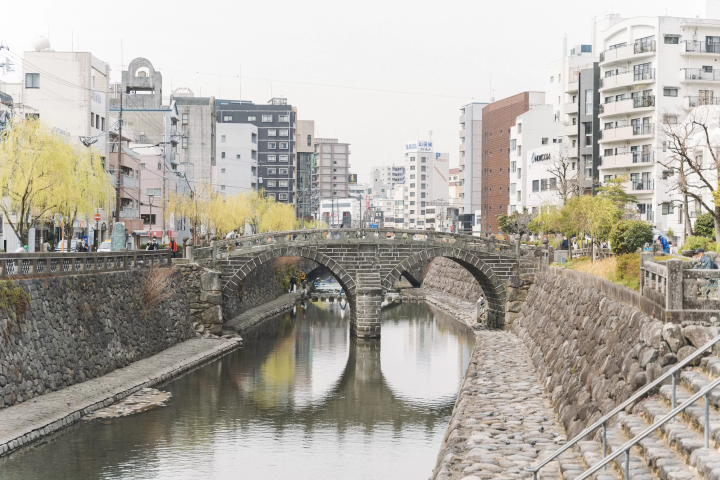Miso Soup - Healthy Recipes And Regional Types

Miso soup is a nutritious soup that many people in Japan enjoy daily at home or when eating out. Learn more about the ingredients of miso soup, how to cook delicious miso soup for yourself, instant miso soup options, and different regional variants of this classic dish.
Miso Soup - All About the Healthy, Home-Cooked Soup
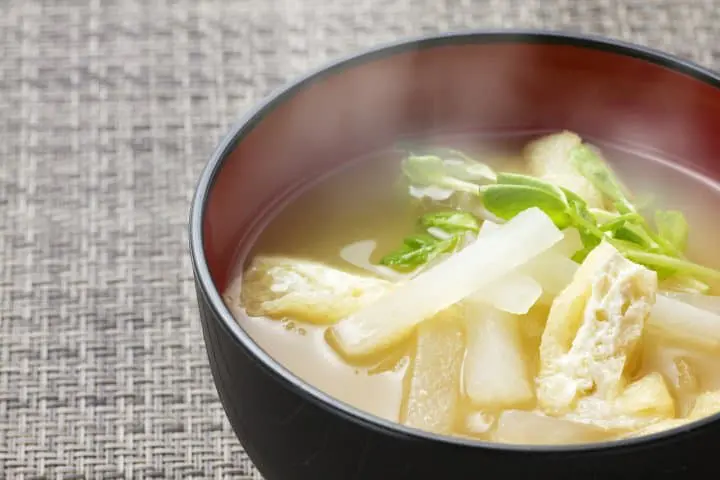
Photo by Pixta
In the Japanese home, or when ordering meal sets or rice dishes at Japanese restaurants, miso soup is a common dish that accompanies your meal. This classic soup is typically a simple combination of miso (fermented soybeans, koji, and salt), flavored broth, seaweed, vegetable, and seafood ingredients. Miso soup contains a variety of nutrients, from B vitamins to protein, to fiber, making it healthy when consumed in moderation. It is also thought to help strengthen the immunity system.
Nearly every household in Japan makes this soup from scratch, making it a comfort food in addition to its potential health benefits. Continue reading to learn about what goes into making miso soup, how to cook it for yourself at home, and regional variants found across Japan.
The Ingredients in Miso Soup

As mentioned above, miso soup is a combination of miso paste, broth, and vegetable and seafood-based ingredients. It accompanies many meals, and taste delicious with the typical Japanese diet of rice, vegetables, and fish.
Miso paste is mainly made from soybeans and grains such as rice or wheat. The beans are fermented after adding koji culture, and salt. Miso is a fermented ingredient and is thought to have been in the Japanese diet for centuries. Miso on its own is extremely salty but has a pleasant aftertaste from the sweetness of the beans or grains. In Japanese supermarkets, it is commonly sold in plastic containers, but some people make their own miso at home. Miso can be mixed in with rice, other beans, and wheat. Miso comes in sweeter and saltier varieties, too, and there are various types of miso depending on the length of fermentation time. The color varies from red miso, light-color miso, and white miso.
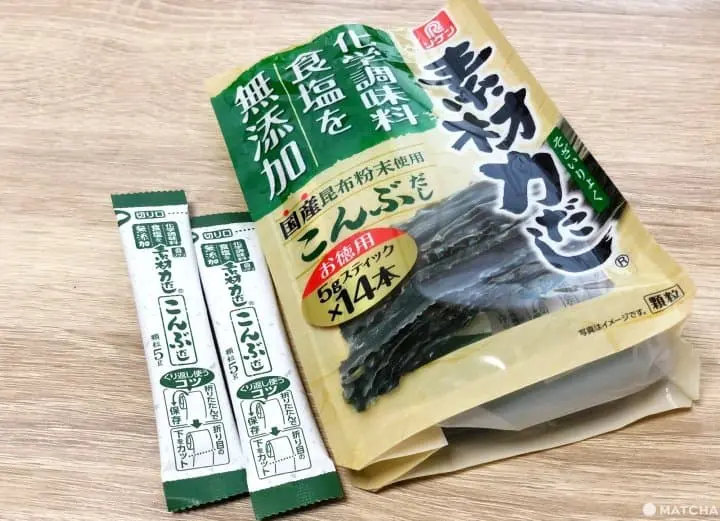
Powdered konbu kelp dashi from a Japanese supermarket
Another essential ingredient to miso soup is the dashi, or broth. Typical miso soup relies on katsuo dashi, or bonito (a type of fish) broth, along with konbu (kelp) broth. Due to this, the majority of pre-made miso soup contains fish; those following a vegetarian and vegan diet need to find a miso soup using only kelp, or make one for themselves. Dashi, often sold at supermarkets in packets, is available for purchase.
You can find miso paste and dashi outside of Japan, too, at grocery stores selling Japanese ingredients.
Basic Miso Soup Recipe
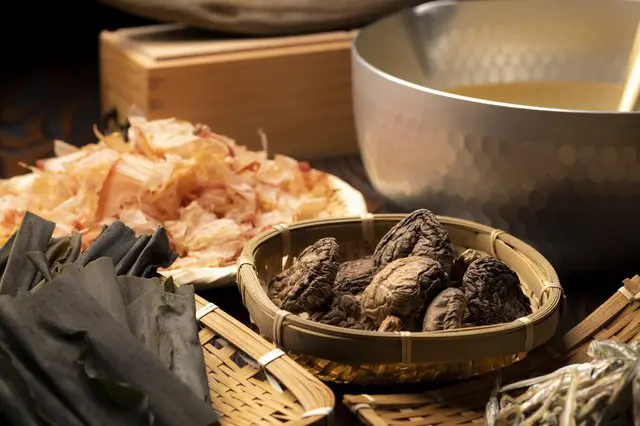
Photo by Pixta
Tasty miso soup begins with making dashi broth. Dashi is a broth from bonito fish and kelp. Pour your dashi packets into your pot with water and turn on your burner––if you are using powdered dashi, typically sold in stores, add one dashi packet into 750ml (3 cups) of water.
Once the broth is heated, add ingredients of your choice and cook. Staple ingredients are tofu (medium-firm or silken), seaweed, scallions or seasonal vegetables such as daikon radish and mushrooms. For heartier miso soup, add salmon, shellfish, or even pork.
Turn off the heat once everything is fully cooked and gradually melt in the miso. Put on the heat again, but once the soup gets close to boiling, stop the heat and serve. Do not let miso soup boil completely, as it will lose its flavor.
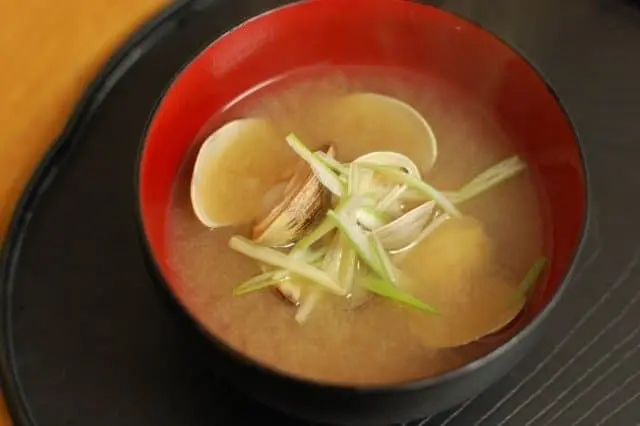
For miso soup, one serving size is generally 200ml. To enjoy it the traditional way, sip it like a beverage, without a spoon, and use chopsticks to eat the ingredients you put in.
Regional Miso Soups in Japan

The basic miso soup with tofu is delicious, but there are many regional miso soups with local ingredients that are definitely worth trying or making for yourself. For instance, in Hokkaido, sanpeijiru miso soup uses salmon, daikon radish, carrots, potato, and scallion. Kanijiru miso soup from Tottori Prefecture contains crab and has a rich seafood flavor. Meanwhile, in Osaka, kasujiru with sake lees, a byproduct of the sake-making process, in miso soup is very famous. The soup has a low alcohol content and it is a recommended dish especially for sake enthusiasts who can enjoy the aroma of sake from the miso soup.
Many people may think miso soup is always drunk warm, but in Miyazaki Prefecture, the chilled hiyajiru miso soup is well known. Hiyajiru contains tofu, cucumbers, shiso perilla leaf, and myoga ginger, and has a refreshing aftertaste ideal for the hot summers.
Instant Miso Soup in Japan
Making miso soup from scratch can be time-consuming, so there are many instant miso soups that only require hot water, sold in supermarkets and convenience stores throughout Japan and in other countries.
One special place to get this is at Fumuroya, a specialty shop of fu, or wheat gluten, a popular ingredient in miso soup. The soup contains fu in the shapes of cherry blossom petals, red maple, plum flowers, and many other cute designs. There are many flavors and can last up to ninety days, making it a great souvenir. Another place to try is Amano Freeze-Dry at Tokyo Station, which has several varieties of pre-made miso soup that make tasty snacks or fun gifts.
Main image by Pixta
日本への訪日外国人の方が、もっと増えますように!






































![[30 minutes by train from Nagoya!] A must-see! A combination of sunset and illuminations!](https://resources.matcha-jp.com/resize/720x2000/2026/02/17-258958.webp)
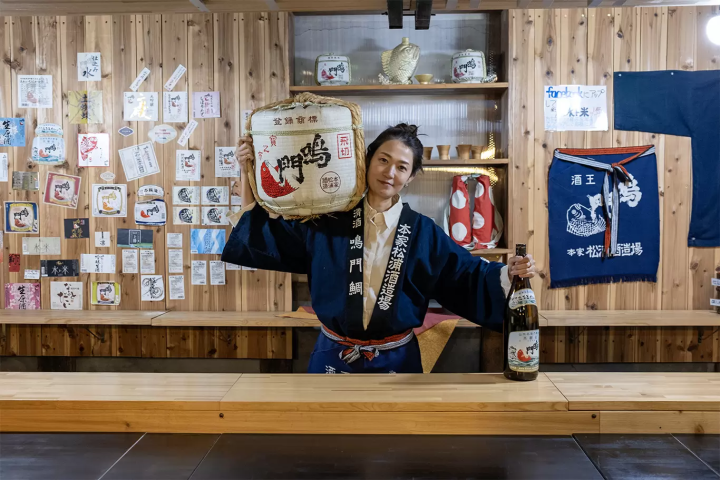
![[Gunma, Nakanojo] Experience Japanese history in a wooden school building from the Meiji era](https://resources.matcha-jp.com/resize/720x2000/2025/12/25-254022.webp)

